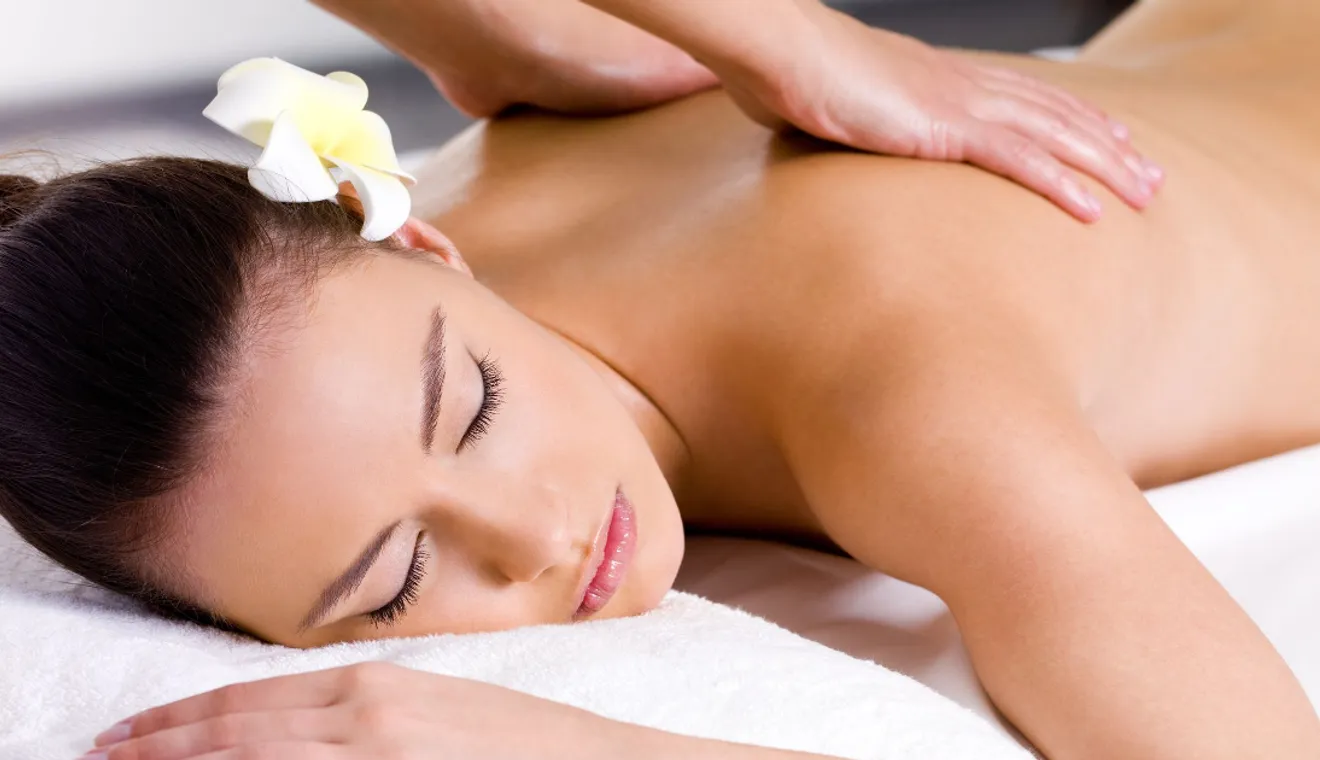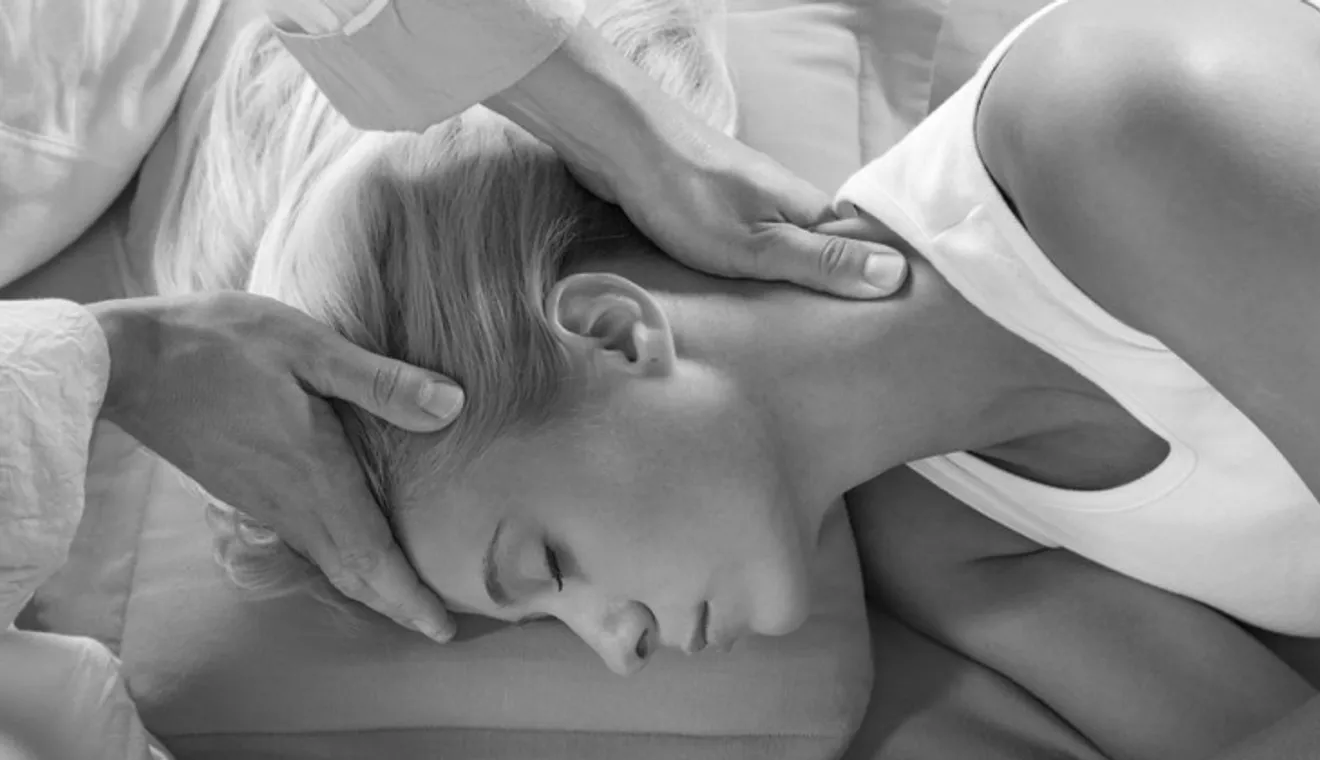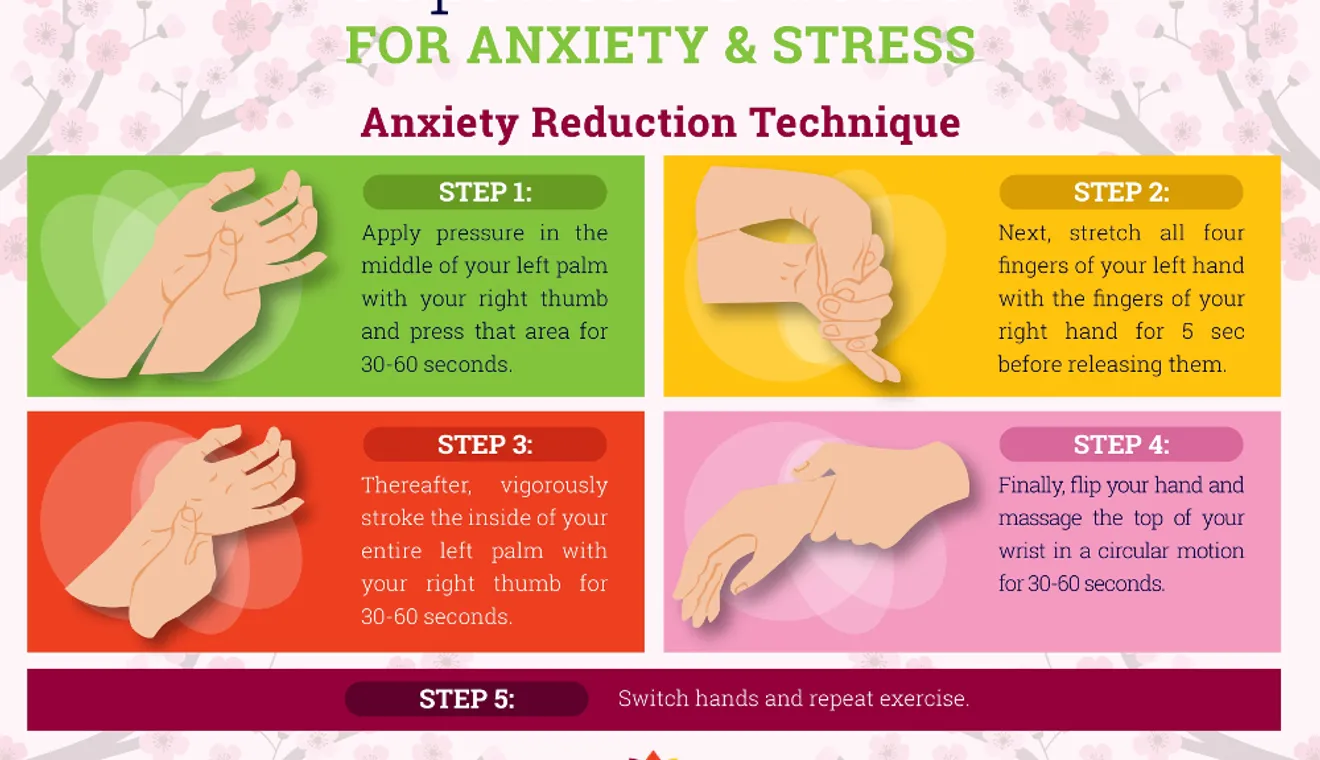
In the United States alone, 40 million people suffer from some form of anxiety disorder.
According to the American Psychiatric Association, most people affected are women.
However, these types of disorders can affect anyone at any age and from all walks of life.
In prehistoric times, anxiety - also known as the “fight, flight or freeze” response - helped humans escape from predatory animals.
In today’s world, you are less likely to come face to face with a saber-toothed tiger.
Even so, other pressures such as work, family, finances and health can sometimes trigger an anxious response.
While anxiety can be normal and healthy for getting yourself out of threatening situations, it becomes unhealthy when its level is disproportionate to the actual threat.
Once it starts to interfere with your daily life, it then becomes a disorder that requires treatment.
Additional ways people suffer from anxiety include nightmares, panic attacks, and distressing thoughts or memories that they have no control over.
You may have an overall emotion of fear and worry, or you may be afraid of a particular place or event.
You may also lose interest in activities you used to enjoy.
Symptoms of general anxiety consist of:
- Fast breathing
- Escalated heart rate
- Difficulty focusing
- Uneasiness
- Trouble getting to sleep
Treatments for Anxiety
Typical treatments for anxiety disorders include cognitive behavioral therapy and medication.
If you are concerned about medication side effects, or if you want to enhance your therapy even more, many alternative treatments are available that can bolster your overall health and well-being.
One such treatment is massage therapy.
The basic act of physical touch produces a lift in mood for almost all individuals.
Touching certain points of the body produces hormones that develop feelings of bonding, which then lowers feelings of isolation.
It is also understood to minimize stress, enhance your state of mind and loosen up muscles.
Furthermore, there have been encouraging clinical reports involving the use of Shiatsu massage and anxiety.
What is Shiatsu Massage?
Shiatsu Japanese massage is a bodily, hands-on therapy developed to maintain and improve the body’s natural capacity to mend and stabilize itself.
Shiatsu massage strives to enrich the overall health of the complete individual involving physical, emotional and cognitive well-being.
This Japanese therapy is often utilized as a preventive treatment or it can be implemented as a compliment to traditional therapy.
It developed essentially out of Chinese acupuncture, the age-old healing approach.
The conventional technique of Japanese massage called anma stemmed from acupuncture and applies much of the very same principles.
Shiatsu has been known to alleviate all types of health problems including anxiety, depression, gastrointestinal problems, headaches, muscle stiffness and sinus blockage.
How is Shiatsu Applied?
While Shiatsu massage therapy has its roots in ancient Chinese medicine, this therapy in itself is just 100 years old.
It borrows many of its principles from China and uses a more rigid, targeted approach in its application.
Shiatsu denotes “finger pressure” in Japanese, however, Shiatsu massage therapists often use more than their fingers.
They also incorporate their palms, elbows, knees and feet to apply the correct pressure to the right areas.

Shiatsu massage is excellent for individuals who wish to feel calmer and less stressed.
In addition, it helps with pain, which in itself can bring on mental and emotional distress.
It’s a very adaptive treatment that can be done on people of every age and health level.
How Does Shiatsu Help With Anxiety?
Shiatsu massage therapy is an excellent restorative option for the reduction of stress and anxiety.
Scientific analysis has even disclosed that Shiatsu can aid with the intense levels of expected anxiety frequently encountered by serious burn victims.
Shiatsu massage procedures lower tension throughout the body by dispersing muscle fascia, boosting oxygenation and blood flow and revitalizing the endocrine structures within the body.
This technique unleashes hormones that lift your total mood and make it possible for you to perform in a healthy, well-balanced manner.
For this reason, anxiety and other mental issues also benefit from this procedure.
It also strives to bolster the health of your whole body by favorably influencing the body’s inner energy system.
Employing the Traditional Chinese Medicine (TCM) fundamentals of acupressure and meridian lines - energy lines that run throughout your body - Shiatsu massage therapists use pressure on the body in a very calculated approach.
By energizing these meridian lines and the acupressure spots positioned around these lines, Shiatsu aspires to clear away obstructions and promote a healthy movement of the body’s essential energy, also called qi or chi.
Precautions of Shiatsu Massage Therapy
Be sure to explain your goals and purposes with your massage therapist and let him or her know if a particular action makes you uneasy.
Additionally, meet with your doctor prior to receiving any type of massage if you have any health concerns or disorders.
Research study involving Shiatsu massage and anxiety is still in its early stages.
Almost all patient feedback endorses its application for a variety of health issues.
That being said, more extensive research is required.
For the most part, Shiatsu for anxiety is a safe method of treatment.

Source: Massageholic
However, it is a good idea to avoid this therapy as well as other acupressure therapy if you have the following health conditions:
- You are pregnant - the reason being is that putting pressure on particular points may produce contractions.
- Avoid massage in the location of a cancerous tumor or if the cancer has spread to the bones.
- You have varicose veins.
- You suffer from rheumatoid arthritis, spinal damage, or a bone disease that could be exacerbated by physical adjustment.
Although massage therapy hasn’t been proven to heal depression or anxiety completely, it does help with the symptom reduction of both disorders.
Again, if you feel you are experiencing excessive bouts of anxiety, your first priority is to visit your doctor.
Your “fight, flight or freeze” mechanism should never be stuck in the “on” position.
Whichever treatment you choose, make sure it helps you to live a full and productive life.
Applying Shiatsu for anxiety can help your body naturally calm down so that it is easier for you to be more mindful of your circumstances react in a rational, more constructive manner.